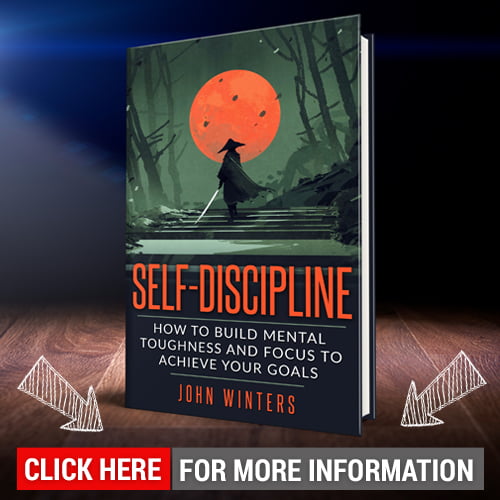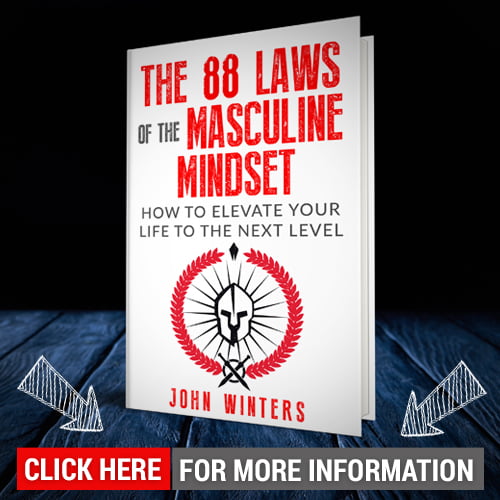Ayn Rand is a controversial figure for many, but one whose influence can't be denied.
For those of you who don't know who Ayn Rand is she is one of the most influential writers of the modern world.
Ayn Rand was a Russian-born American writer, journalist, and philosopher.
She is mostly known for her fiction books and for developing a philosophical system she called Objectivism.
She was born and educated in Russia, but later in 1926 she moved to the United States.
Her most famous fiction books are Atlas Shrugged and The Fountainhead.

The Virtue of Selfishness
“The man who does not value himself, cannot value anything or anyone.”
-Ayn Rand
Today I want to a brief review of her book nonfiction book The Virtue of Selfishness.
Her book The Virtue of Selfishness is an exploration of the idea that selfishness is not only a virtue but also a moral obligation.
In this book, she argues that each individual has the right to pursue their own interests and happiness without being bound by any collective morality imposed by society.
The main focus of the book is on how Rand believes individuals should behave in order to achieve personal happiness.
She argues that those who concern themselves with what others think and feel are slaves to public opinion, while those who act based on their own beliefs and values are free.
This idea applies not only to how one lives their life but also to how one interacts with others.
According to Rand, it is wrong for people to try and manipulate or control other people for their own gain, even if they believe they are doing so for the good of everyone involved.
Rand also discusses two different types of morality: altruism and egoism.
Altruism states that we have an obligation to help others regardless of our own needs; egoism advocates for self-interest as the primary moral principle governing human behavior.
Ultimately, Rand argues that egoism is more beneficial than altruism because it encourages people to take responsibility for their own actions and be responsible for themselves rather than relying on outside forces for guidance or support.
The book concludes with a call for readers to become “rational selfish” individuals, those who act in accordance with reason instead of emotion or tradition.
She uses examples from literature and history as evidence of why this type of behavior should be embraced and encouraged.
By advocating for rational selfishness, Rand implies that choosing one's own path over that prescribed by society leads to greater freedom and ultimately more opportunity for personal growth and fulfillment in life.

My Personal Experience
One of the biggest challenges I faced when I was younger was thinking that being selfish is always a bad thing.
But the more experienced I got and the more I learned from the best people in different fields of study the more I realized that placing yourself first is not always bad and in fact there is a time in your life that it's your responsibility to place yourself first.
If you are weak and dependent on people around you then you can not help yourself and you definitely can't help other people.
Now when Rand talks about being selfish, she doesn't mean you should be selfish in a weird self-centered way, she means to build yourself up into a man of value.
When you developed into a man of value you can start making a real impact in your community and the world.
I also see a lot of men struggle with this idea in their relationships.
They would say things like “I can never put myself first”, thinking that if they just sacrifice themselves then somehow the people around them will love them more for it.
These men don't realize that if they place themselves first and come from a position of strength then it's easy to help the people you care about most, like your girlfriend, wife, children, or family.
But a big part of this problem where people resist making themselves a priority so that they can develop into a powerful high-value men is where men hide behind their fake excuses.
They say things like, “Money isnt everything” or “I'm not obsessed with material things, it's what's inside that matters.”
These excuses are mostly men who are too scared to go into the game of life and do the hard work to develop themselves and compete with other men on this planet.
The hard truth is many men dispises excellence and high standards because they dont have the willpower, discipline, drive, and ambition to go after their dreams.
So they would rather hide behind their excuses and call high-achieving men “obsessed about money”.
Or they claim “I could do that if I want to”, but they never do.
The irony of these men that stand on the sidelines is that they claim to have the moral high ground because they are not selfish, but yet they are not there to provide for themselves, their families, and their communities.
Because guess what?
It's your responsibility as a man to develop your full potential and build up your value as high as you possibly can.
That is your moral responsibility.
It's your responsibility to become a high-value masculine man that people can depend on for resources, guidance, and leadership.
I think that is what this book about Ayan Rand is ultimately about, it's about stepping up and men building strong societies based on our virtuous actions.

Conclusion:
Overall, The Virtue of Selfishness is an interesting read that presents an intriguing argument about why we should choose our own paths in life rather than following someone else’s rules or ideals blindly or out of fear or guilt.
It provides some great examples from literature and history which demonstrate why acting in our own self-interest can lead us down a path toward greater personal growth and satisfaction in life while still taking into account the needs of others around us.
For men looking to make sense of their lives and find true freedom from social conventions, this book may provide some useful insight into how best to do so.




